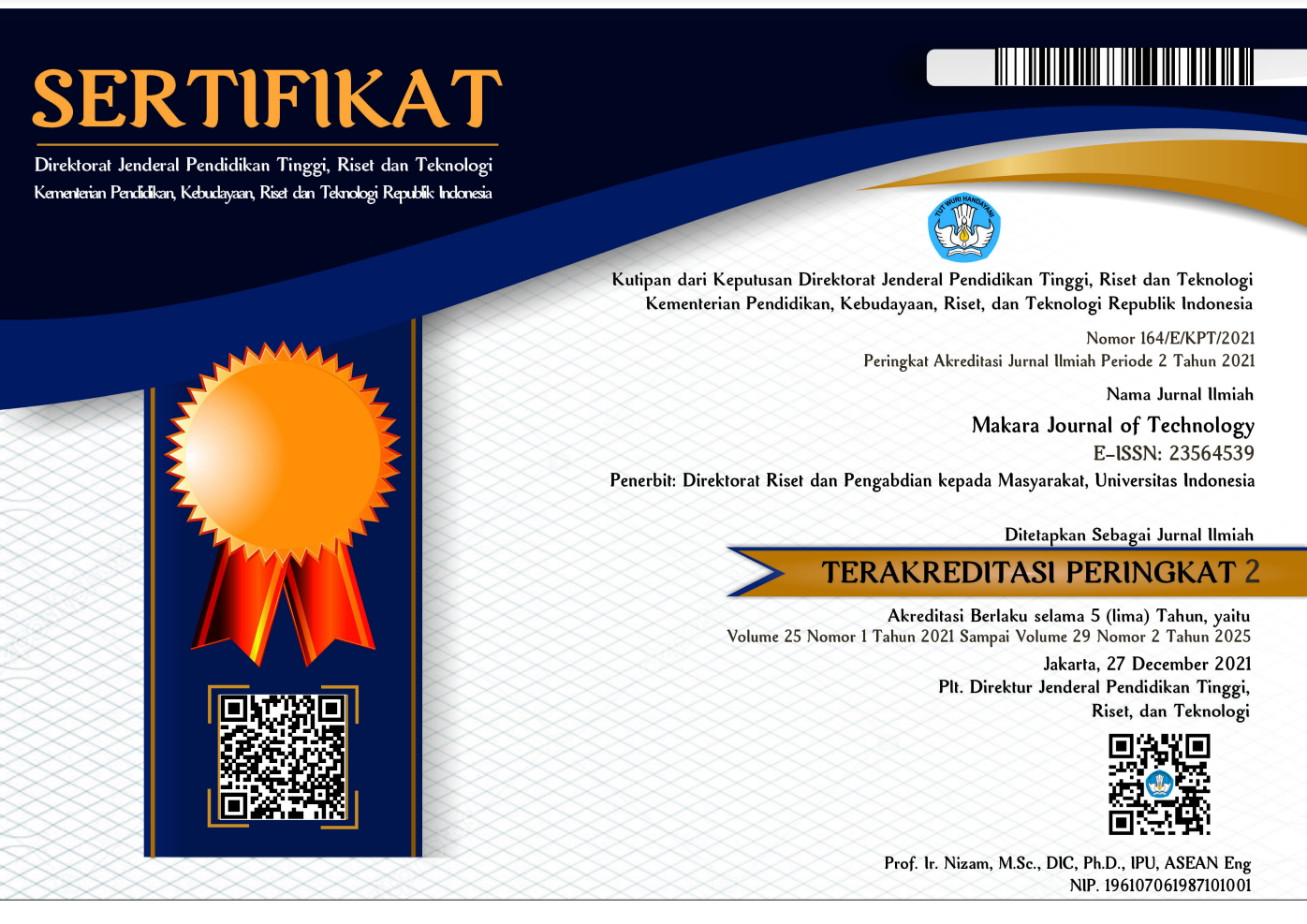Abstract
This paper presents a continuing study of the human cognitive aspect application in the technical systems. The last studies design a human-centered design based on the German culture. The result shows a significant difference of human performance between Germans and Indonesians. Therefore, this study examines the human cognitive model based on Indonesian culture to investigate whether the different cognitive model based on the culture aspect can improve the human performance. The study was conducted on 60 people classified by age, young (16-34 years old) and old (older than 34 years old). Participants render predictions on an assembly activity for two interim states of two different types of products which are the Builderific brick and the Pulley Release based on four types of the assembly strategy model (Reference, Combination, Human Behavior 1, and Human Behavior 2). The dependent variables are prediction time, mental workload, and predictive accuracy. The results show that the models of human assembly strategies and the products have significant influences on mental workload and predictive capability. The age variable significantly influences mental workload, performance, and prediction capabilities.
Bahasa Abstract
Desain Strategi Perakitan Manusia pada Sel Perakitan Swatata: Studi Kasus Pekerja Indonesia. Tulisan ini membahas studi lanjut mengenai aplikasi aspek kognitif manusia dalam sistem teknik. Studi terakhir merancang desain sistem berbasis kepentingan manusia berdasarkan budaya pekerja Jerman. Hasil penelitian studi terakhir ini menunjukkan adanya perbedaan signifikan antara kinerja orang Jerman dan Indonesia. Oleh karena itu studi ini membahas model kognitif manusia berdasarkan budaya orang Indonesia untuk mengetahui apakah perbedaan model berdasarkan aspek budaya dapat meningkatkan kinerja pekerja. Studi ini dilaksanakan pada 60 orang Indonesia yang diklasifikasikan berdasarkan usia yaitu muda (16-34 tahun) dan tua (lebih tua dari 34 tahun). Partisipan dalam penelitian ini diminta untuk melakukan prediksi pada aktivitas perakitan untuk dua status interim pada dua jenis produk berbeda yaitu Builderific brick dan Pulley Release berdasarkan empat jenis model strategi perakitan (Referensi, Kombinasi, Perilaku Manusia 1, dan Perilaku Manusia 2). Variabel bebas pada studi ini adalah waktu prediksi, beban kerja mental, dan keakuratan prediksi. Hasil studi menunjukkan bahwa model strategi perakitan dan jenis produk berpengaruh secara signifikan pada beban kerja mental dan kemampuan prediksi. Variabel usia juga berpengaruh secara signifikan pada beban kerja mental, kinerja kerja, dan kemampuan prediksi.
References
- E. Herjanto, Manjemen Operasi, Ed. 3, Grasindo,
- Jakarta, 2008, p.484. [In Indonesian]
- M. Mayer, B. Odenthal, M. Faber, C. Winkelholz, C. Schlick, Cognitive Engineering of Automated Assembly Processes, Human Factors and Ergonomics in Manufacturing and Service Industries, Wiley Periodical, Inc., 2012, p. 21.
- N. Susanto, M. Mayer, R. Djaloeis, J. Bützler, C. Schlick, Proceedings of the 5th International Conference on Applied Human Factors and Ergonomics AHFE 2014, Kraków, Poland, 2014, p.294.
- G.B. Reid, S.S. Potter, J.R. Bressler, Subjective Beban Mental assessment technique (SWAT): a user’s guide. Wright Patterson Air Force Base, OH: Harry G. Armstrong Aerospace Medical Research Laboratory, 1989.
- M. Kim, J. Oh, J. Choi, Y. Kim, In: X. Wang (Eds.), User-centered HRI: HRI Research Methodology for Designers. Mixed Reality and Human-Robot Interaction, Springer, London New York, 2011, p.33.
- M.P. Mayer, C. Schlick, Conference Proceeding of the 4th International Conference on Applied Human Factors and Ergonomics (AHFE), USA Publishing, 2012, p.1272.
- R. Desjardins, A. Warnke, Ageing and Skills: A
- Review and Analysis of Skill Gain and Skill Loss Over the Lifespan and Over Time, OECD Education Working Papers, No. 72, OECD Publishing, 2012.
- N. Meshkati, P.A. Hancock, M. Rahimi, S.M. Dawes, Evaluation of Human Work: A Practical Ergonomics Methodology, 2nd ed., Taylor & Francis, London, 1995, p.782.
- C. Stoessel, M. Wiesback, S. Stork, M.F. Zaeh, A. Schuboe, The 41st CIRP Conference on Manufacturing Systems, Tokyo, Japan, 2008.
Recommended Citation
Susanto, Novie; Purwaningsih, Ratna; and Kurniawati, Kharisma Panca
(2016)
"Design of the Human Assembly Strategy in a Self-Optimizing Assembly Cell: A Case Study of Indonesians,"
Makara Journal of Technology: Vol. 20:
Iss.
3, Article 6.
DOI: 10.7454/mst.v20i3.3069
Available at:
https://scholarhub.ui.ac.id/mjt/vol20/iss3/6
Included in
Chemical Engineering Commons, Civil Engineering Commons, Computer Engineering Commons, Electrical and Electronics Commons, Metallurgy Commons, Ocean Engineering Commons, Structural Engineering Commons



